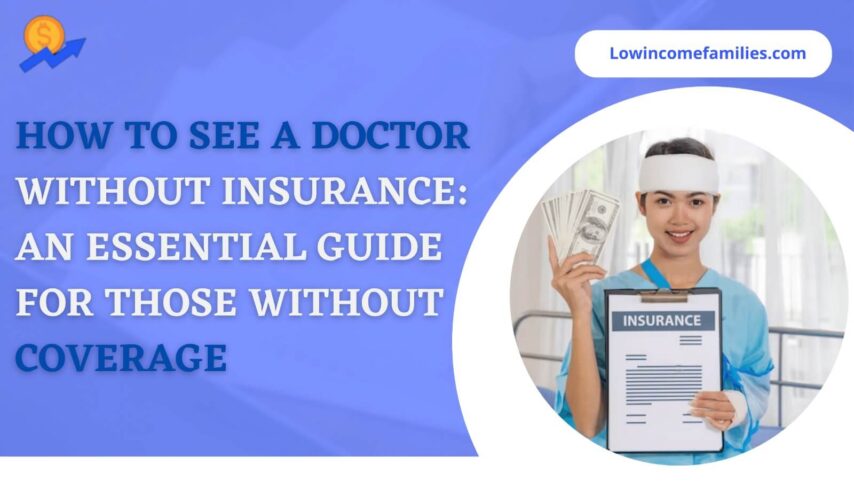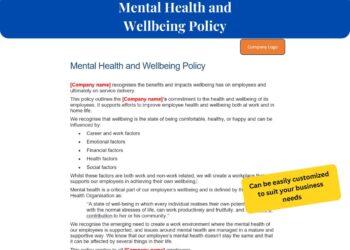Affordable Primary Care Physician Without Insurance sets the stage for this enthralling narrative, offering readers a glimpse into a story that is rich in detail and brimming with originality. In this guide, we will delve into the world of affordable primary care physicians for individuals without insurance, exploring various options, financial assistance programs, and the importance of preventive care.
Understanding Affordable Primary Care Physician Without Insurance

Primary care physicians are healthcare providers who serve as the initial point of contact for patients seeking medical care. They are trained to diagnose, treat, and manage a wide range of health conditions, as well as provide preventive care services.
Affordable healthcare for individuals without insurance refers to medical services that are accessible and reasonably priced for those who do not have health insurance coverage. This is crucial to ensure that everyone has the opportunity to receive necessary medical attention without facing financial barriers.
Having access to primary care even without insurance coverage is important for several reasons. Primary care physicians can help individuals manage chronic conditions, address acute health issues, and promote overall wellness through preventive care. By seeking regular care from a primary care physician, individuals can maintain their health, prevent serious illnesses, and receive timely medical interventions when needed.
Benefits of Accessing Affordable Primary Care Without Insurance
- Early detection and management of health conditions.
- Continuity of care and personalized treatment plans.
- Education on healthy lifestyle choices and disease prevention.
- Referrals to specialists when necessary.
Options for Finding Affordable Primary Care Physicians

Finding affordable primary care physicians without insurance can be challenging, but there are alternative options available to help individuals access the care they need at a lower cost. Here are some options to consider:
Community Health Centers
Community health centers are non-profit clinics that provide primary care services to underserved populations, including those without insurance. These centers offer a sliding fee scale based on income, making care more affordable for low-income individuals. Services provided may include preventive care, chronic disease management, and basic healthcare needs.
Free Clinics
Free clinics are another option for individuals seeking affordable primary care without insurance. These clinics are typically run by volunteers and offer basic medical services at no cost to patients. While the range of services may be more limited compared to community health centers, free clinics can still provide essential care such as screenings, vaccinations, and minor illness treatment.
Direct Primary Care Practices
Direct primary care practices operate on a membership-based model, where patients pay a monthly or annual fee for unlimited access to primary care services. While these practices may not accept insurance, they often offer transparent pricing and discounted rates for members.
Direct primary care physicians focus on building long-term relationships with patients and prioritize preventive care and wellness services.Researching and Selecting a Primary Care Physician:
- Look for primary care physicians who offer discounted rates for self-pay patients.
- Inquire about payment plans or sliding fee scales based on income.
- Consider the range of services offered and the physician's approach to preventive care.
- Read reviews and ask for recommendations from trusted sources.
- Schedule a consultation to discuss your healthcare needs and financial concerns with the physician.
Financial Assistance Programs for Primary Care

Financial assistance programs for primary care services are crucial for individuals without insurance or those facing financial constraints. These programs aim to provide affordable or free healthcare services to those in need. One common form of financial assistance is through sliding fee scales.
Sliding Fee Scales
Sliding fee scales are a common method used by healthcare providers to determine the cost of services based on an individual's income. This means that individuals with lower incomes may qualify for reduced-cost or even free primary care services. The sliding fee scale takes into account factors such as family size and income level to determine the discounted rate.
- Individuals who may qualify for sliding fee scales include low-income families, individuals without insurance, and those facing financial hardship.
- Providers typically require proof of income, such as pay stubs or tax returns, to determine eligibility for the sliding fee scale.
- It is important to inquire with the healthcare provider about their specific requirements and application process for accessing reduced-cost or free primary care services through the sliding fee scale.
Importance of Preventive Care and Regular Check-ups
Regular preventive care and check-ups play a crucial role in maintaining overall health and well-being. By detecting and addressing health issues early on, individuals can prevent serious illnesses, manage chronic conditions effectively, and improve their quality of life.
Benefits of Preventive Care
- Early detection of health problems: Regular check-ups help identify potential health issues before they become serious.
- Cost-effective healthcare: Preventive care is often less expensive than treating advanced illnesses or conditions.
- Promotion of healthy lifestyle habits: Primary care physicians offer guidance on nutrition, exercise, and other lifestyle factors that impact health.
Common Preventive Services Offered
- Immunizations: Vaccines help prevent infectious diseases and protect against serious illnesses.
- Screenings: Tests for blood pressure, cholesterol, diabetes, and cancer can detect problems early.
- Counseling: Primary care physicians provide counseling on smoking cessation, mental health, and stress management.
Epilogue
As we conclude our discussion on Affordable Primary Care Physicians Without Insurance, it becomes evident that access to quality healthcare is within reach even without insurance. By exploring different avenues for affordable care and understanding the significance of preventive services, individuals can take charge of their well-being.












